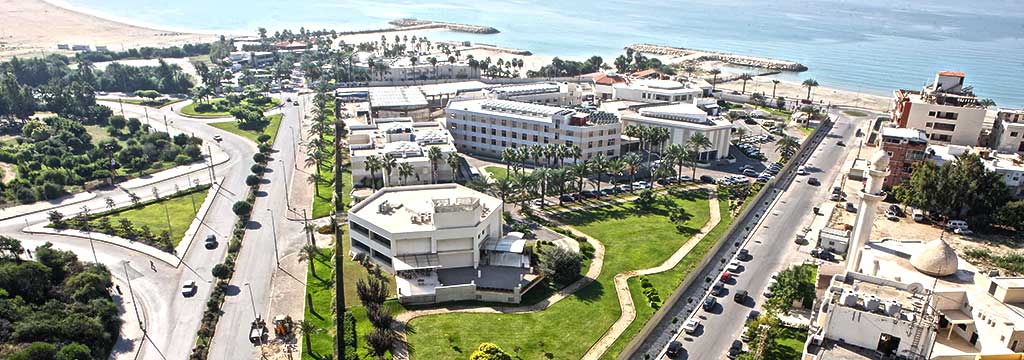At A Glance
For nearly half a century, the Imam Sadr Foundation has worked to improve the lives of tens of thousands of men and women throughout Lebanon. Whether in providing easily accessible health services for families assailed by the fallout of war, empowering women and orphans through occupational training programs and educational facilities, or creating strategic partnerships with political and social development organizations, Imam Sadr Foundation remains dedicated to its original aspirations. As Imam Sadr once said, “Lebanon is our country. It is a country which considers Man to be the first and last asset, and that he should be adequately maintained.”
Inspired by the developmental and humanitarian vision of Imam As-Sadr, the Imam Sadr Foundation aspires to be a leader in the empowerment of Lebanese women and in guaranteeing the basic and social rights of the vulnerable by delivering services to those most in need, in innovative and advanced ways.
The Imam Sadr Foundation is a non-governmental, non-profit organization launched in the early 1960s. It strives in its interventions towards a just society, free from ignorance, poverty, and illness, where everyone enjoys equal access, where the contributions of the capable respond to the needs and aspirations of the disadvantaged in a climate of dialogue based on participation and confidence in oneself and in others. The foundation is characterized by its social, cultural, and health interventions in the underserved areas of southern Lebanon and its delivery of services to remote areas through a network of permanent health and social care centers and mobile clinics. The foundation’s response has proved to be highly effective in times of crisis.
The foundation strives through its local, regional, and international relations to share and deepen its knowledge and to foster discussion on the issues of relief and development in Lebanon. Therefore, it has successfully acquired the status of special consultant to the United Nations Economic and Social Council (ECOSOC) in a bid to raise its effectiveness and impact at both the local and international levels. The foundation is especially keen on promoting and strengthening dialogue and the meeting of different faiths and cultures in order to nurture interaction and tolerance in keeping with its open, national character.
Since its establishment in the early 1960s, the foundation has set a track record of catering to women’s issues and their educational, health, and professional needs. The foundation is widely esteemed in the female community, especially among the poor and those of limited resources, thanks to its efforts to provide social assistance and care for orphaned girls and to combat other social and economic challenges faced by southern women in dire circumstances.
The foundation began its work with a holistic care program primarily targeting orphaned girls and girls in critical social circumstances (extreme poverty, broken homes, and victims of domestic violence). Given the growing needs of these groups, the foundation responded by creating a set of complementary services, namely a nursery, a kindergarten, and a primary and middle school, in addition to various cultural, social, and recreational programs. Girls at the secondary and university level are taught at the institutions of the area at the expense and under the supervision of the foundation. Girls wishing to pursue vocational training are offered, through the vocational programs, a wide selection of specialties, notably at the renowned nursing school whose graduates are easily assimilated into the job market, and the accelerated vocational training programs whose traditional specialties were supplemented with a groundbreaking department for training social workers accredited by the Ministry of Education. In 2010, a photography department was opened. It should be noted that labor market demands are taken into account when developing the vocational programs.
The scope of welfare services was broadened to include the remaining household members through the at-home care program for girls. The service delivers social assistance and counseling to girls’ families and allows girls to benefit from all day services while returning to their families for the night.

